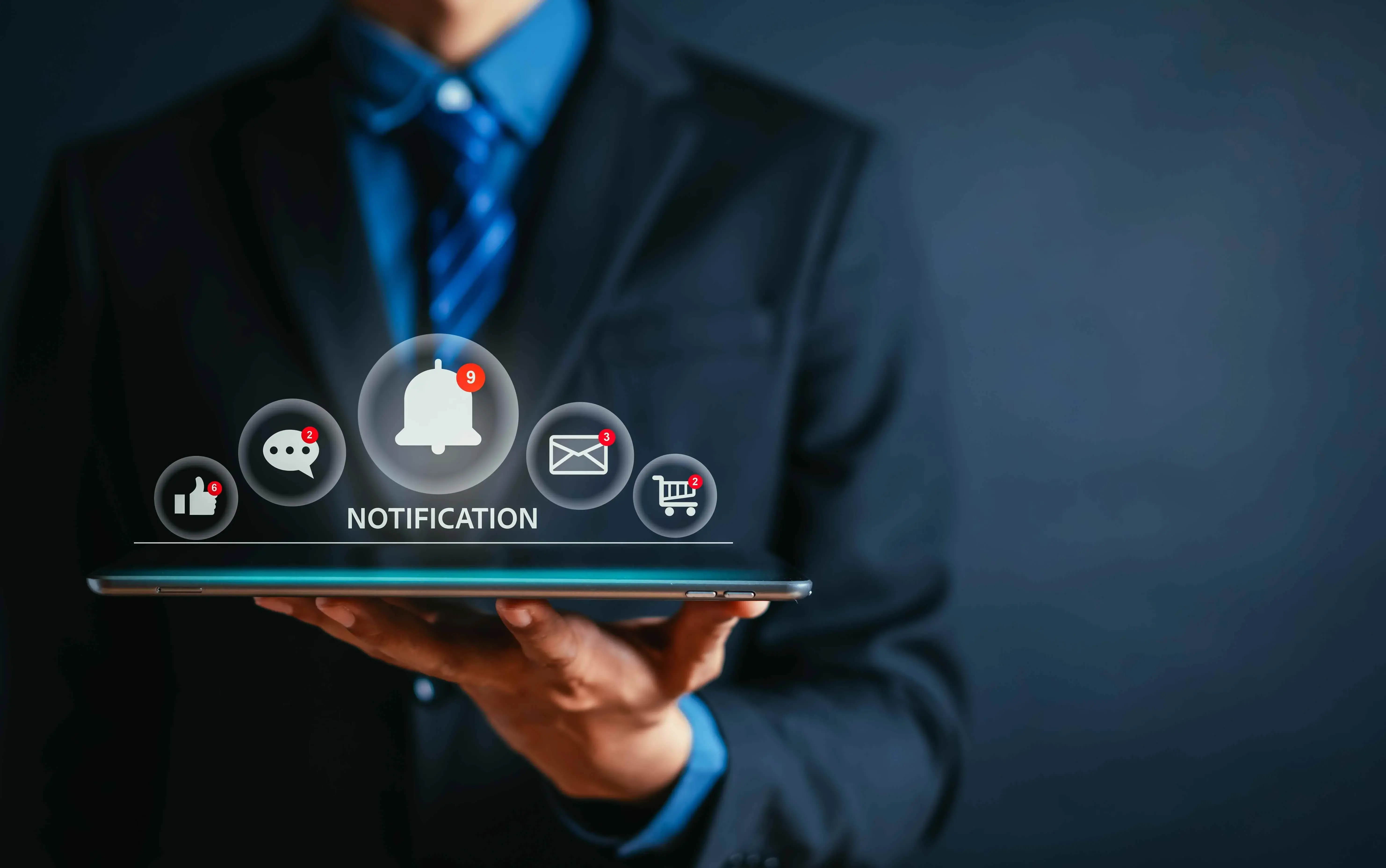In today’s digital era, marketing automation has become one of the main pillars of business marketing strategies. Through automation, companies can manage communication with thousands of customers efficiently and in a measurable way. However, the success of marketing automation is closely linked to the notification strategies used to deliver messages to customers.
What is Marketing Automation?
Marketing automation is a system that allows companies to schedule, manage, and analyze marketing campaigns automatically based on customer behavior and preferences. For example, promotional emails automatically sent to newly registered customers, or SMS reminders for monthly bill payments.
Why Are Notification Strategies Important in Marketing Automation?
The right notification strategy determines whether a marketing message will be read and responded to by customers. Without a clear strategy, notifications can be perceived as disruptive and may harm the company’s reputation. Therefore, choosing the appropriate communication channel is crucial to the success of marketing automation.
Here is a guide on using push notifications, SMS, and phone calls in marketing automation:
1. Push Notifications – Maintaining Daily Customer Engagement
Push notifications are ideal for:
- Reminders about abandoned shopping carts.
- Limited flash sale promotions.
- New product information relevant to customers’ purchase history.
Since push notifications are lightweight and appear directly on the phone screen, customers can receive updates without feeling disturbed. However, ensure the messages are personal and relevant to their needs.
2. SMS – For Important and Time-Sensitive Promotions
SMS has a high readability rate, making it suitable for:
- Promotions valid for only a few hours.
- Exclusive vouchers for priority customers.
- Subscription payment due date reminders.
With SMS, the likelihood of the message being read within minutes is much higher compared to emails or push notifications.
3. Phone Calls – Increasing Transaction Value and Loyalty
Automated or manual phone calls in marketing automation are usually used for:
- Offering service package upgrades.
- Confirming high-value product purchases.
- Premium loyalty programs or special consultations.
Direct communication via phone creates a stronger personal impression on customers, especially when conducted by well-trained telesales teams.
Combining Push, SMS, and Calls in a Tiered Scheme
To achieve optimal results, companies can implement a tiered communication scheme in marketing automation. For example:
- Send a push notification for a flash sale promotion.
- If there is no interaction within three hours, follow up with an SMS containing a direct product link.
- If there is still no response by the end of the promotion, contact priority customers with a phone call offering additional exclusive deals.
This strategy not only increases conversion potential but also ensures communication costs are used efficiently according to urgency and customer priority.
The Key to Success: Customer Data Analysis
The success of notification strategies in marketing automation greatly depends on how well companies understand their customers’ behavior. Using dashboard analytics, companies can identify:
- The times when customers are most active on the app.
- Communication channels they respond to most frequently.
- Products they often view or add to their cart.
This information helps companies send the right notification, at the right time, to the right person.
Enhancing Marketing Automation with Notifications
Notification strategies are an inseparable part of marketing automation. By utilizing push notifications for daily engagement, SMS for time-sensitive promotions, and phone calls for high-value personal communication, companies can significantly increase customer conversion and loyalty.
In an increasingly competitive digital business landscape, a company’s ability to deliver relevant, personal, and timely messages will be the main differentiator in winning customers’ hearts.

